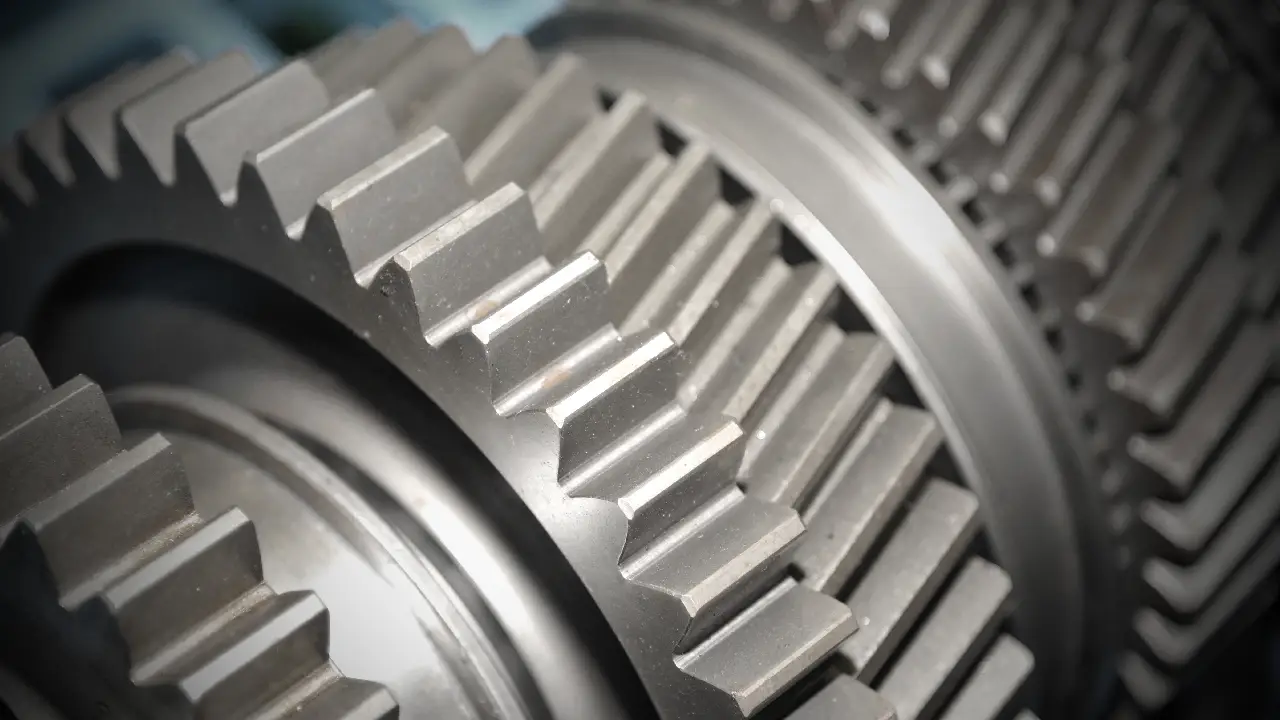- Armor Blog
- Technical
- Why your Gearbox is Vibrating and Making Weird Noises

Gearbox Vibration
You turn on your engine, planning to go the nearest mall to get the groceries and suddenly you feel a weird vibration. After inspection, it turns out to be coming from the gearbox.
If you think this is normal, think again because this may indicate you have a problem in your car that needs to be fixed as soon as possible, but to fix the issue you must first identify the cause, and here are the most common ones:
- Low transmission fluid: Check for the transmission oil, and top it up if this is the case. Low transmission fluid may not provide proper lubrication causing the gears to vibrate.
- Worn gears: As gears contact with each other’s to transfer power, their edges wear and vibrate eventually. Due to the wear, they won’t fit properly and will cause friction when they mesh. Worn gears are not safe, they must be resurfaced or replaced based on their status, but this is for the mechanic to decide.
- Bearing problems: If the bearings in the gearbox are not properly lubricated or are worn, they will vibrate because the bearings will not be able to support the weight of the gears and will cause them to wobble. The issue can be addressed by replacing the worn bearings, and/or use better lubricant.
- Manufacturing defects: Vibration due to manufacturing defects is rare, but if this is the case, you need to repair or replace the gears.
Gearbox Noises
When operating, Gearbox will not be completely silent, there will be some sounds depending on the type of the car you are driving, yet, hearing a strange noise does not indicate something good. When you hear a noise coming from your gearbox, the first reaction is to inspect and find a solution.
You need to know that reasons for each sound may vary, and only a professional mechanic can tell the cause, yet here are the common types of noises and what they may tell you:
- Grinding noise usually caused by worn gears or bearings.
- Whirring noise can happen due to low transmission fluid or worn bearings.
- Clunking noise can be a sign of misalignment of the gearbox or worn gears.
- Rattling noise usually caused by worn bearings or a loose component in the gearbox.
The importance of Gearbox Lubrication
Gearbox lubrication is essential for the proper functioning and longevity of a gearbox. Lubricants help to reduce friction between the gears, which helps to prevent wear and tear while also help to cool the gears and protect them from corrosion. Without proper lubrication, a gearbox can overheat, seize up, and eventually fail.
There are a few different types of lubricants that can be used in gearboxes, and you should choose from them based on the size and type of gearbox, as well as the operating conditions. The first tip here is to follow the manufacturer’s recommendations for the type and amount of lubricant to use.
These types of lubricants are:
- Oil is the most common type of lubricant used in gearboxes.
- Grease is a thicker type of lubricant that is often used in gearboxes that are exposed to harsh conditions, it is known for its ability to protect the gears from dirt, dust, and moisture.
- Synthetic lubricants are made from man-made materials and offer a number of advantages over traditional oil and grease. They are more durable, have a longer service life, and are less likely to break down under extreme conditions.
Gearbox Solutions
Like it was clear from what we already said, many gearbox problems are caused due to lack of lubrication which indicates that using a good lubricant can make a difference and protect the gearbox.
Gearbox lubrication helps to reduce vibration and gearbox noises by providing a cushion between the gears and bearings. This cushion helps to absorb the shock and vibration caused by the gears meshing together lowering the friction that can cause heat and noise.
The quality of the lubricant makes a big difference in how well it can reduce vibration and gearbox noises. A good quality lubricant will be thick enough to provide a good cushion between the gears and bearings, but not so thick that it will restrict movement. It will also be made from materials that are resistant to heat and wear.




 Spear Lubricants
Spear Lubricants Armada lubricant
Armada lubricant Ace lubricants
Ace lubricants Perfect lubricants
Perfect lubricants Enzo lubricants
Enzo lubricants Lawrence lubricants
Lawrence lubricants